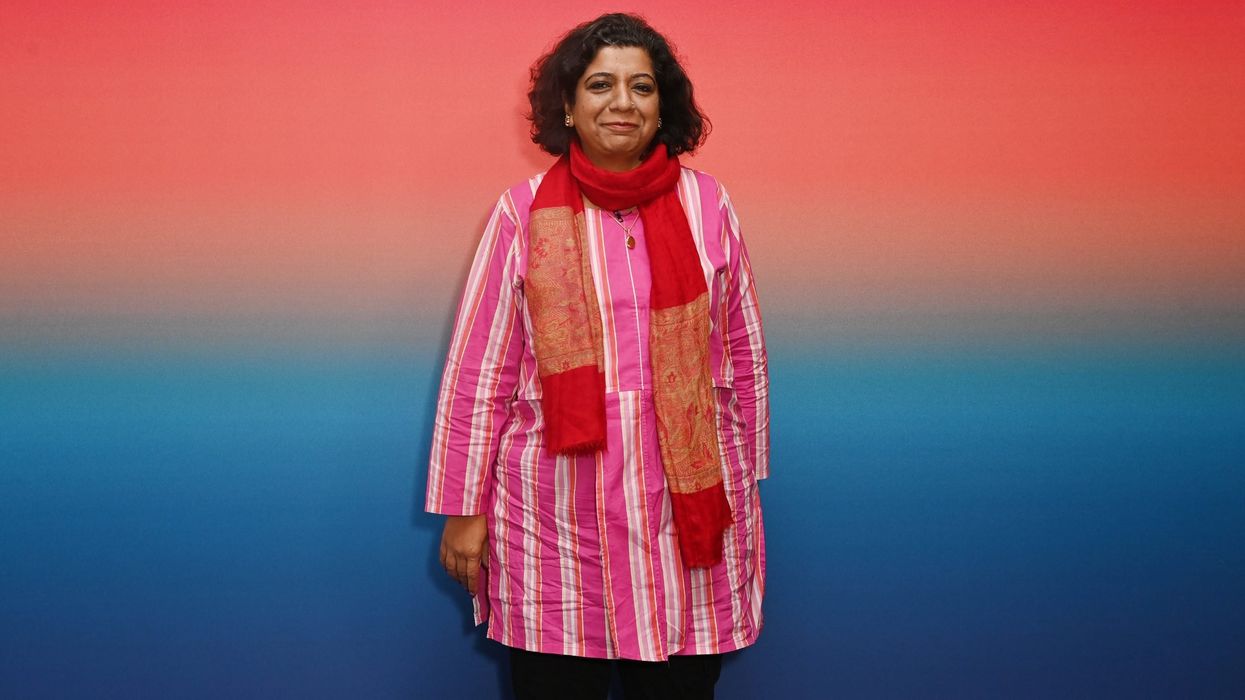CHEF Asma Khan has said Britain is still paying a very high price after the UK left the European Union.
Khan, who set up her restaurant, Darjeeling Express, in central London, said a shortage of staff hit the hospitality industry, especially in London.
She told The Telegraph, “The backbone of hospitality was European staff. Such long hours require skilled people, and there are vacancies everywhere.”
She added, “We should also point a finger at ourselves because in my kitchen we don’t do 16-hour shifts. That’s why I have lots of mothers and grandmothers.”
Khan explained that her restaurant had eight-hour work shifts and that she paid her employees a London living wage in addition to service charges to make up for their transport expenses.
Those who work overtime receive immediate payment and she does not have zero-hour contracts, she said, citing those as reasons why her employees tend to stay on.
Khan, who got into the restaurant industry having started with supper clubs, also criticised investors for discriminating against older women.
Reflecting on the obstacles she faced a decade ago, aged 43, told the paper, “There’s a lot of bias among investors with the way they see older women. You can’t get a loan or a mortgage. It’s highly discriminatory.”
Women in their forties tend to be more self-assured, Khan said, adding this was “an ideal time” for women to leave unsatisfying jobs to pursue their own ventures.
The Indian chef and author is known for her all-women teams in her kitchen. Khan told the paper she hired women who have full-time jobs, as their multitasking abilities and flexibility are beneficial for a start-up.
Rather than selecting the most obvious candidate, it’s best to consider employing individuals with life skills, Khan was quoted as saying.
She recalled the best business advice when she started out, saying she was told “don’t take on business partners or get venture capitalist money because they’re going to have shares, and if you become successful, they’ll dictate what to do.”
Their guidance proved to be accurate, Khan said.
Darjeeling Express opened in Kingly Court, in London’s Carnaby Street, before it moved to Covent Garden in August 2020, when it was affected by lockdown restrictions. However, customers could place takeaway orders, which enabled the business to stay afloat.
“We even chilled and posted biryani all around England and Scotland. That helped us pay the rent,” Khan said.
Darjeeling Express has returned to Kingly Court in recent weeks.
The chef recalled how her early years growing up in India, where women did not work. Khan’s mother never attended college and began earning a living while she was still young by running a thriving food business.
Khan told The Telegraph this made her realise the conventional gender roles that existed outside of her home did not apply within it.
In the past year, Khan also took on a role as the chef advocate for the UN's World Food Programme (WFP), including the Women Are Hungrier campaign and ShareTheMeal, a mobile crowdfunding application aimed at combating worldwide hunger.
She is quoted as saying, “If my life is now about food, it should be about food for all.”
Khan is researching how British, Portuguese, French, Arabs and Tibetans have had an influence on the local cuisine in various regions of India.
According to the chef, the essence of food lies in uniting people through bread and conversation.
Her aim is to employ food, whether in the form of recipes in her book or meals served at her restaurant, as a means to create a connection between people.
She is quoted as saying, “You can’t take my food but not accept me. You can’t be racist to people. When you separate food and people, that becomes a problem. And I will be writing more about this interconnection between food, legacy, justice, and power.”




